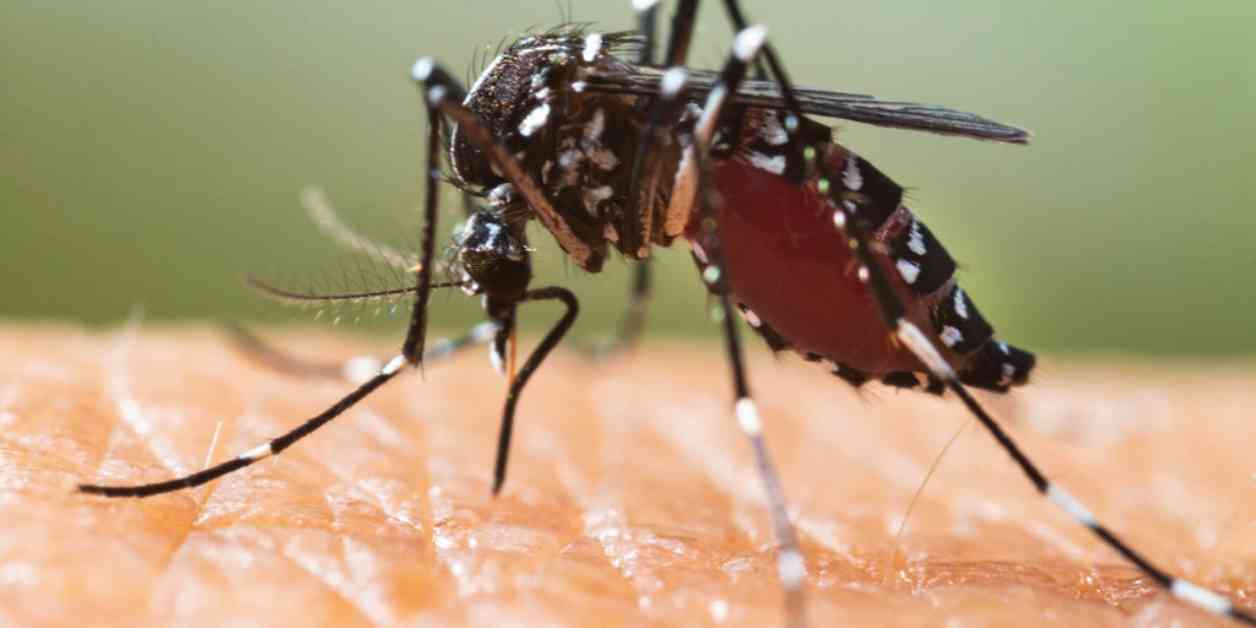A woman in Dallas County, Texas, has passed away after being diagnosed with the West Nile virus. The patient, whose name and age were not disclosed, contracted a severe neuroinvasive form of the disease, as per a press release from the Dallas County Health and Human Services (DCHHS) on Tuesday. The female patient had underlying health issues, according to officials. This marks the county’s first West Nile-related death in 2024.
“We are deeply saddened by this loss,” said Dr. Philip Huang, director of DCHHS, in the release. The West Nile virus has been the leading cause of mosquito-borne disease in the U.S. since it first appeared in 1999, according to the CDC.
The West Nile virus is a flavivirus, part of the same family as yellow fever, dengue fever, Japanese encephalitis, and the Zika virus. It is primarily spread through the bite of infected Culex mosquitoes that have previously fed on birds. The virus is not transmitted through physical contact, coughing, sneezing, or handling infected animals.
Most individuals infected with West Nile will not exhibit any symptoms, while around one in five will experience febrile illness characterized by fever, body aches, headache, joint pain, and other symptoms. In rare cases, about one in every 150 infected people may develop serious conditions affecting the nervous system, such as encephalitis or meningitis, which can be life-threatening.
Individuals over 60 years of age, organ transplant recipients, and those with certain medical conditions are at higher risk of developing severe illness from the West Nile virus. Diagnosis of the infection can be made based on symptoms, recent exposure to mosquitoes, and testing of blood or spinal fluid. Treatment usually involves managing symptoms with over-the-counter medications and getting plenty of rest and fluids. Severe cases may require hospitalization for supportive care.
As of August 6, there have been 103 reported cases of West Nile virus across 26 states in the U.S., with 68 of those cases being severe. Prevention measures include using insect repellent containing DEET, wearing long clothing to minimize skin exposure, eliminating standing water to prevent mosquito breeding, and minimizing outdoor activities during peak mosquito hours.
Dallas County health officials are advising residents to take precautions against mosquito bites by following the “four Ds”: using insect repellent with DEET, dressing in long, loose clothing, draining standing water, and minimizing outdoor time during peak mosquito hours. It is crucial to protect oneself from mosquito bites to prevent the spread of the West Nile virus and other mosquito-borne diseases.


















